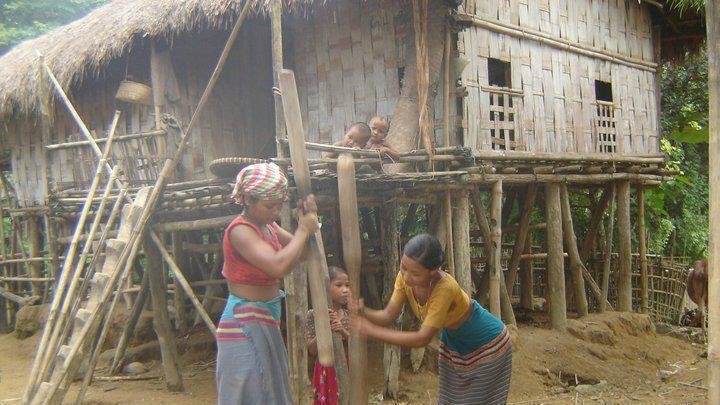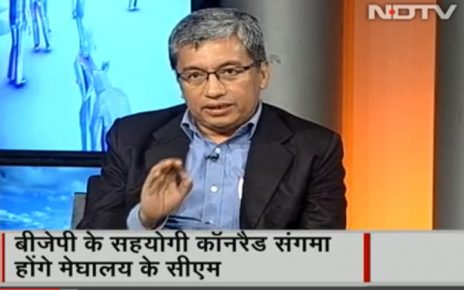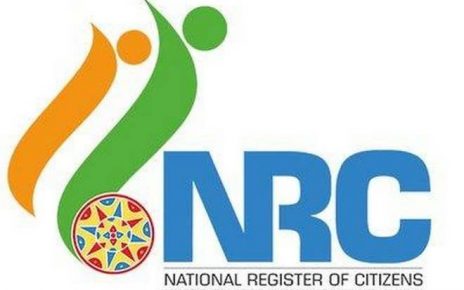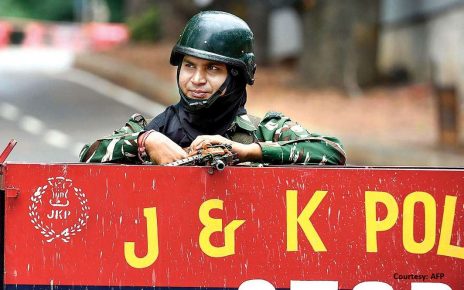New Delhi: The Rights and Risks Analysis Group (RRAG) today urged Prime Minister Narendra Modi to intervene with the Government of Arunachal Pradesh against massive hunger and starvation among 65,875 Chakmas and Hajongs, who are citizens of India, because of their exclusion from the “economic package for vulnerable sections in these difficult times of Covid-19 pandemic” announced by Arunachal Pradesh on 12th April 2020 and sell of rice @ Rs 29.00 per kg to them by the State government during the ongoing lockdown.
Click here to access the memorandum submitted to Prime Minister.
“About 33% of the 65,875 i.e. about 22,000 Chakmas and Hajongs are children, and hunger and starvation have engulfed them because of the violation of the right to food during the pandemic. This purposeful starvation of the children is an act of inhumanity and cruelty.” – urged Mr Suhas Chakma, Director of the Rights and Risks Analysis Group (RRAG) in the memorandum to Prime Minister Narendra Modi.
On 12th April 2020, the State Government of Arunachal Pradesh announced the “economic package for vulnerable sections in these difficult times of Covid-19 pandemic”, among others, to provide “5 kg Rice / person and 1 kg pulses / person to PHH and AAY beneficiaries under Pradhan Mantri Garib Ann Yojana”.
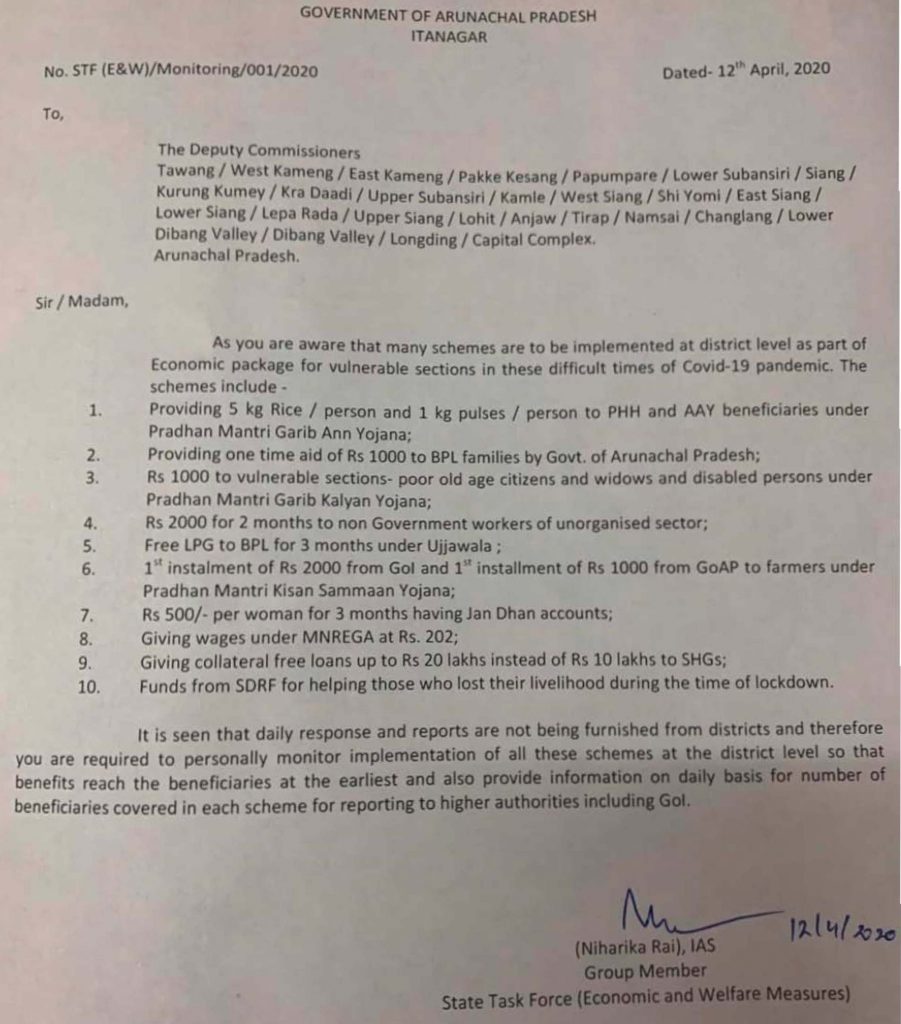
However, on 14 April 2020, the State of Arunachal Pradesh issued another notification stating that “any Tea Estates/ Commercial establishments/ individuals” of Diyun circle, Changlang district can purchase the Open Market Sale Scheme (OMSS) of the rice received from Food Corporation of India at the “rate of Rs 27.00 per kg for wholesale selling and at the rate of Rs 29 for retail selling”.
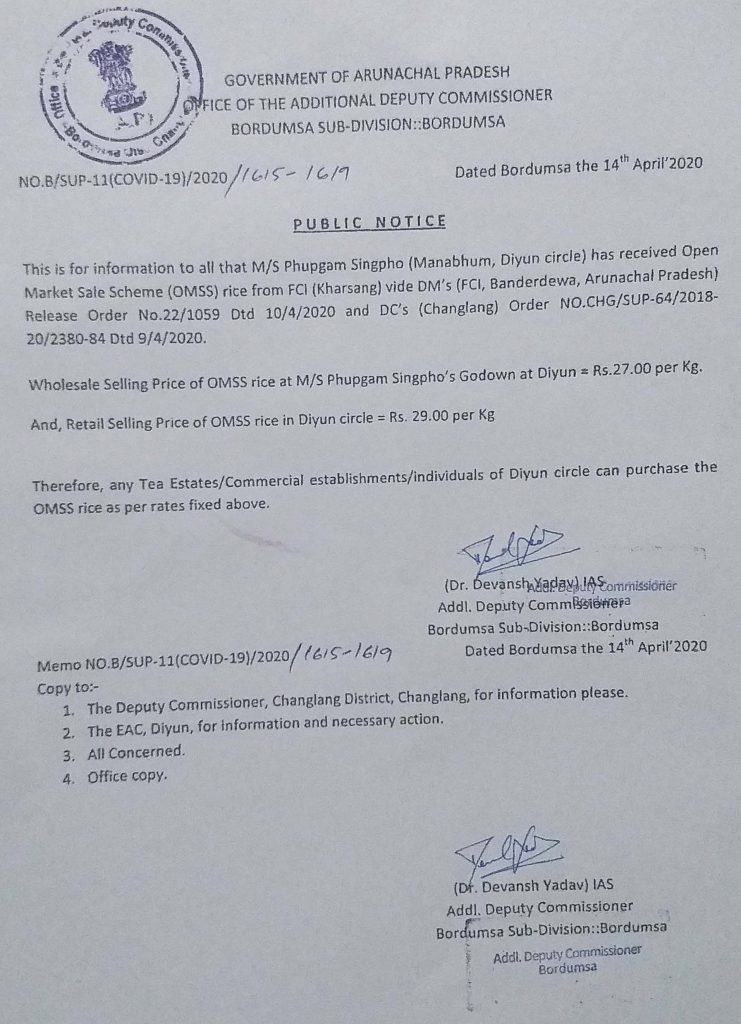
The order dated 14 April 2020 targets the Chakmas and Hajongs who live under Diyun circle of Arunachal Pradesh. They do not have ration cards as the State Government had illegally and arbitrarily seized their ration cards vide order on 25 October 1991 and therefore, they have to buy under the OMSS.
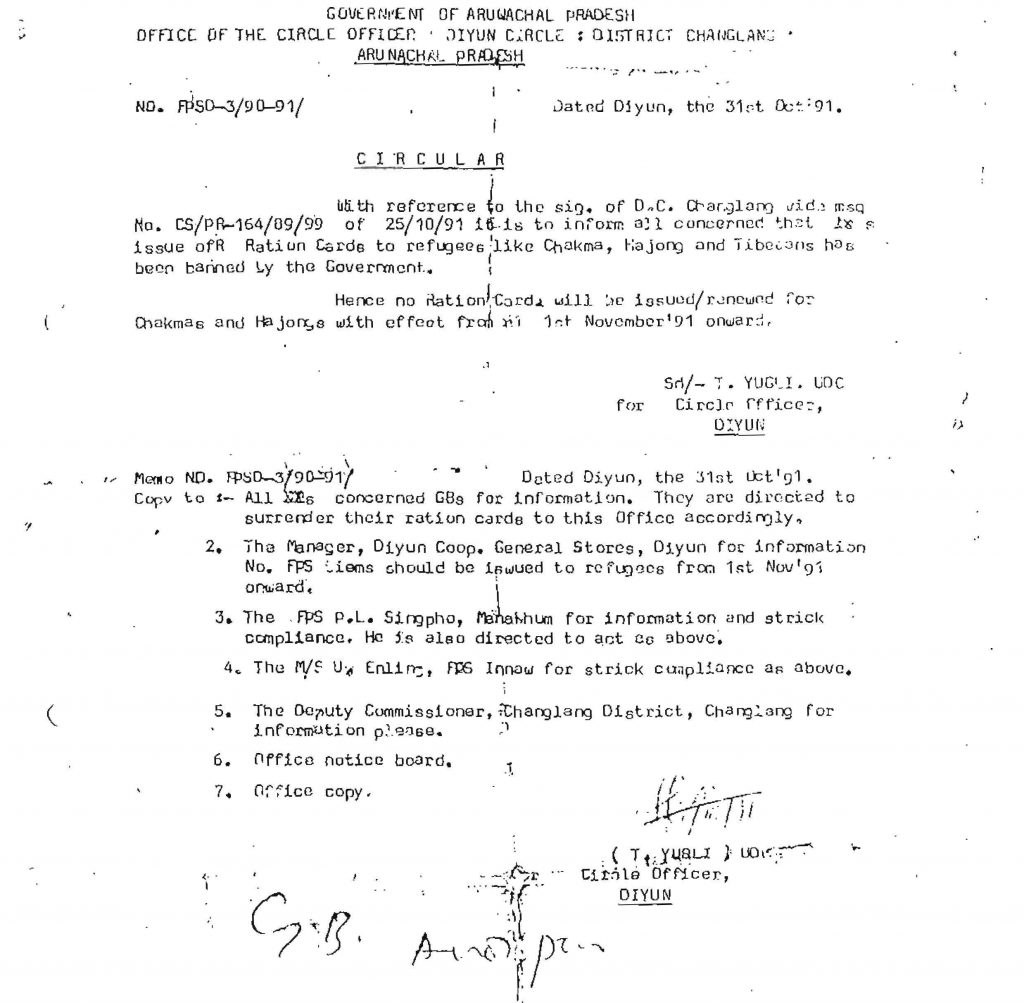
“The Chakmas and Hajongs having suffered State sponsored discrimination in the last 56 years are extremely poor, below the poverty line but are being forced to buy at rice Rs 29 per kg because their ration cards were illegally and arbitrarily seized by the State government of Arunachal Pradesh in 1991. In fact, Rs 29 per kg is a clear violation of the order issued by the Government of India to the Food Corporation of India on 9th April 2020 to provide for 3 months at the rate of Rs. 22/Kg for rice uniformly across the country to all beneficiaries not covered under the National Food Security Act” i.e. those who do not have ration cards”.- further stated Mr Chakma.
In her testimony, Mrs Romisha Chakma, W/o Anil Chakma of Jyotsnapur village under Changlang district stated that they survive as Hazeera (daily wage labourer), her family does not have enough food, they cannot go to work, they have received no support from the State government and her ailing father-in law cannot be taken to hospital.
Mr Dhana Kumar Chakma of Diyun circle in his testimony stated that he has both Aadhaar and voter card and he is a daily wage labour. He was able to buy 20 kg of rice at the rate of Rs 29 per kg which are over and they are not getting anything from the government.
In his testimony Mr Atul Kumar Chakma stated that he is a resident of Diyun circle, Changlang district and he is a Hazeera (daily wage labourer). He could feed his family once in a day but now even that is not possible because of the lockdown. The government has not provided any help and the rice can be bought at Rs 29 per kg, which he cannot afford and they are starving.
Mr Chigi Chakma in his testimony stated that he is daily wage labourer. He has not received any help from the government. He has no money. Rice is so expensive, we cannot afford to buy. With so many members in family, how could we buy rice at Rs 30/Rs 32.
The denial of food is a violation of the right to life guaranteed under Article 21 of the Constitution and judgment of the Supreme Court in National Human Rights Commission Vs State of Arunachal Pradesh & Anr dated 9 January 1996 that “the State of Arunachal Pradesh, shall ensure that the life and personal liberty of each and every Chakma residing within the State”.
The Chakmas and Hajongs are citizens of India. Out of the 65,875 Chakmas and Hajongs, about 61,238 Chakmas and Hajongs are citizens by birth as per Section 3(1) of the Citizenship Act and about 5,097 Chakmas and Hajongs have been exercising the right to vote as citizens of India. There are about 4,637 survivors of migration during 1964-1969 but not a single application of these survivors of migration has been processed as on date despite the judgment of the Supreme Court dated 9 January 1997 in National Human Rights Commission Vs State of Arunachal Pradesh & Anr and subsequent judgment dated 17 September 2015 which directed the Union of India and the State of Arunachal Pradesh tocomplete the processing of the citizenship applications “at the earliest preferably within three months”
Calling starvation of the Chakmas and Hajongs especially children an act of grave inhumanity and cruelty, the RRAG urged Prime Minister Modi to provide all Chakmas and Hajongs rice at Rs 5 per kg immediately till June 2020 or any time as may be extended by the Union of India and take all necessary measures to fully implement the National Food Security Act including identification of eligible households among the Chakmas and Hajongs of Arunachal Pradesh, and their right to receive foodgrains at subsidised prices by persons belonging to eligible households under Targeted Public Distribution System, nutritional support to pregnant women and lactating mothers, nutritional support to children etc. [Ends]
